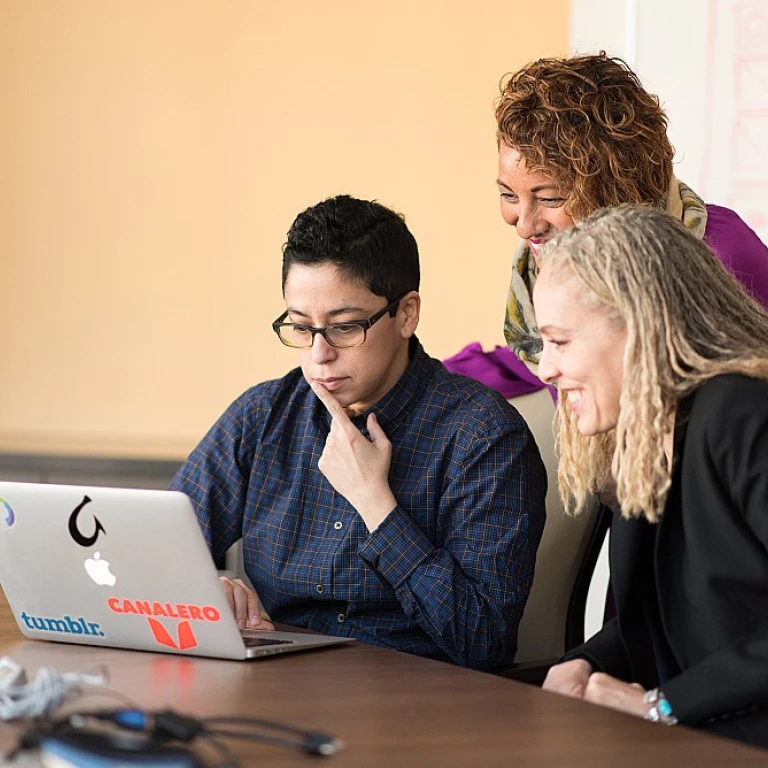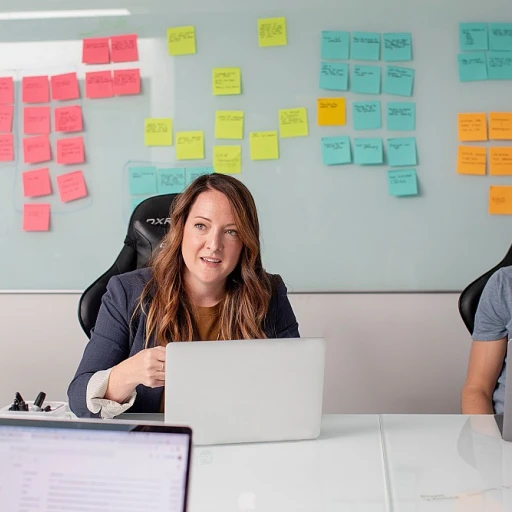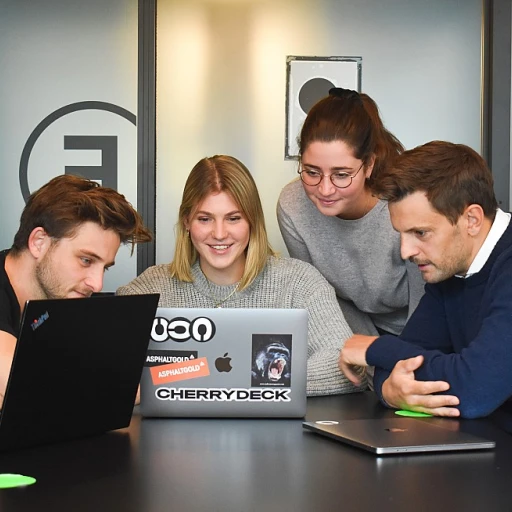Understanding the Candidate's Experience
Exploring the Candidate's Past Experience
Understanding a candidate's work history is essential in evaluating their potential fit for the role and the organization. Behavioral interview questions are particularly useful in this part of the interview process. These questions help gather insights into how candidates have handled situations in the past, providing a glimpse into their potential future behavior. Here are some key questions you might consider:- Describe a situation where you had to work under tight deadlines. How did you manage your time and prioritize tasks?
- Can you tell us about a time when you were part of a team working to solve a complex problem? What role did you play, and what was the outcome?
- Describe a time you had to learn a new skill or tool for your job. How did you approach the learning process, and how did it benefit your work?
Assessing Cultural Fit
Emphasizing Alignment with Team and Company Values
It's crucial for an interviewer to explore how well a candidate aligns with the company's culture and values. This ensures that new team members not only possess the required skills but also fit seamlessly into the existing workplace environment. By assessing cultural fit, hiring managers can avoid potential conflicts and promote a cohesive work life.- Key Questions to Consider: Prepare interview questions that help gauge the candidate’s understanding and affinity towards the company’s core values. An essential question might be: "Can you describe a time when you worked in a team that had varied cultural backgrounds? What steps did you take to foster team cohesion?"
- Describe Situation Scenarios: Since culture fit cannot always be assessed through direct questions, consider asking candidates to describe a situation where they demonstrated flexibility and adaptability in a dynamic work environment. Behavioral interview techniques can be quite revealing in these scenarios.
- Behavioral Cues: Pay close attention to how candidates respond to such questions. Look for signs of enthusiasm when they describe their past roles and see if they express a genuine interest in the company's culture. This will help you determine if they would be a passionate and motivated team member.
- Careful Calibration of Questions: It's critical to structure these questions carefully to avoid biases. Craft questions in a way that offers insights without putting off the candidate. For guidance on this, consider visiting our blog post on what not to ask in HR job interviews.
Evaluating Problem-Solving Skills
Insights into Addressing Challenges and Solutions
When you're in an interview setting, assessing a candidate's problem-solving skills is crucial to determining their potential success in a role. Behavioral interview questions are key in this context as they help employers understand how a candidate has approached real-life challenges in their previous positions. One effective way to gauge these skills is by asking the candidate to describe a time when they encountered a significant problem at work and how they navigated the situation.
Questions designed to explore problem-solving capabilities should focus on past experiences because they often indicate how a candidate will respond to future challenges within your company. You might consider questions like, "Can you describe a situation where you had to solve a difficult problem quickly?" or "Tell us about a time when you identified a major opportunity or setback in your previous roles." These inquiries not only illuminate a candidate's critical-thinking skills but also their ability to remain composed under pressure.
Introducing scenarios that speak to the company's current challenges or typical workplace issues can also be enlightening. These interview questions are excellent for testing how candidates adapt their approaches to fit the specific environment of the organization they are applying for. For instance, asking, "How would you handle a situation where a team member is not meeting deadlines?" can reveal both soft skills and leadership potential.
Moreover, by understanding how candidates solve problems, you can better determine their fit within the current management style and company culture. This is essential for ensuring a harmonious work life and maximizing team productivity. For more comprehensive insights into crafting effective questions for interviews, check out this resource on navigating HR job interviews.
Gauging Communication Skills
Communication: The Key to Team Success
In any job interview, assessing a candidate's communication skills is crucial. These skills not only determine how well they will perform in their role but also how they will fit within the team and company culture. Effective communication is a cornerstone of successful collaboration and problem-solving, making it a vital focus during the interview process.
When crafting questions to gauge a candidate's communication abilities, consider the following:
- Describe a situation: Ask the candidate to describe a time when they had to communicate a complex idea to someone who was not familiar with the topic. This question helps evaluate their ability to simplify and clarify information.
- Handling conflicts: Inquire about a time when they faced a conflict at work and how they resolved it. This will help you understand their approach to conflict resolution and their ability to maintain professionalism under pressure.
- Feedback reception: Ask how they handle receiving feedback. This question will help you assess their openness to constructive criticism and their willingness to improve.
These questions not only reveal the candidate's communication skills but also provide insight into their soft skills, such as empathy and active listening. By understanding how candidates articulate their thoughts and interact with others, you can better determine their potential fit within your team and the overall company environment.
Remember, communication is not just about speaking; it involves listening, understanding, and responding appropriately. By focusing on these aspects during the interview, you can ensure that you are selecting candidates who will contribute positively to the work life and dynamics of your organization.




